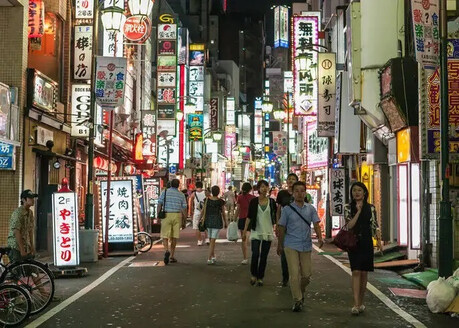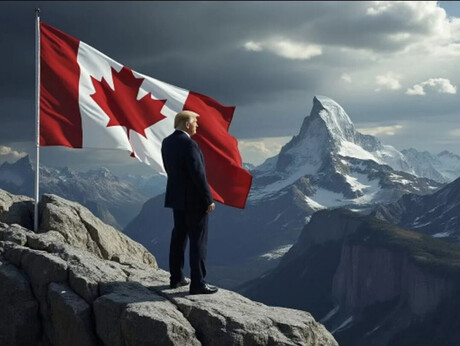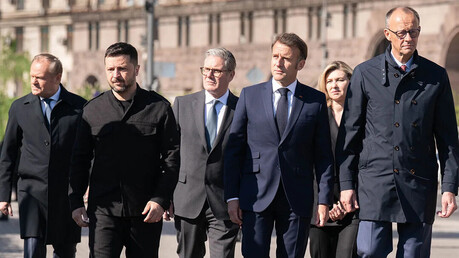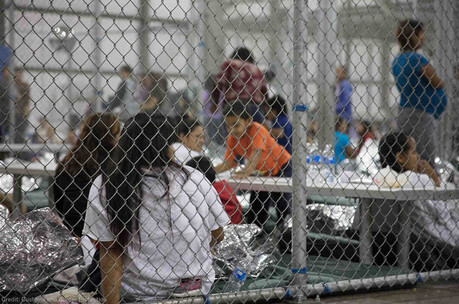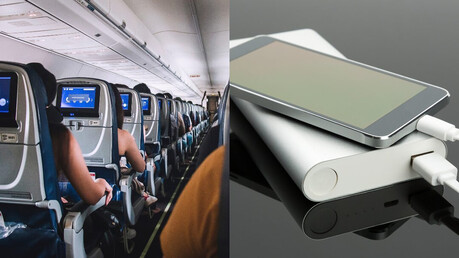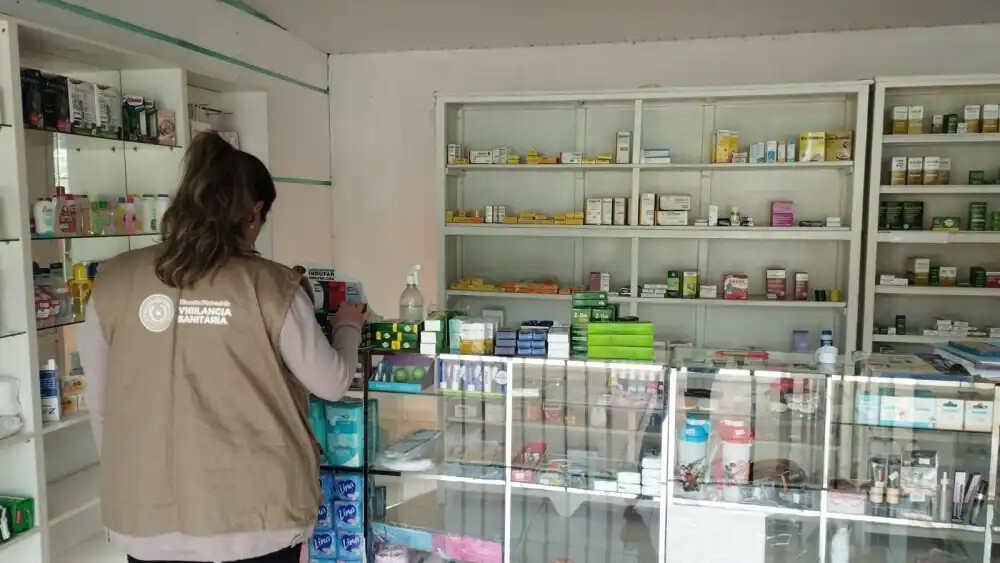
The Paraguayan Senate has taken extraordinary measures to address the recent allegations of widespread illegal imported goods. On the 1st, the Senate officially launched a special investigation committee to uncover the reality of illegal imports of items under the jurisdiction of the National Directorate of Health Surveillance (Dinavisa), declaring a war on rampant "phantom goods." This action is interpreted as a strong warning against a serious issue that directly threatens the life and safety of the public, going beyond mere economic illegality.
For a long time, medicines, food, and cosmetics that have not gone through formal customs clearance procedures have been indiscriminately entering and circulating in the Paraguayan market. Concerns have been consistently raised that these products, which enter through the so-called "black market," have opaque distribution channels and their ingredients and quality are not guaranteed, which could seriously harm the health of users. Social anxiety has grown even more as illegal distribution networks have included not only painkillers and antibiotics but also children's food and infant cosmetics.
In response, ruling and opposition party members, including Senator Lilian Samaniego, have joined forces to form a special committee. Based on Resolution No. 1336, they plan to grasp the reality of illegal imported goods crossing borders and thoroughly investigate related legal violations. The committee will work closely with Dinavisa to conduct a comprehensive surveillance of all imported products circulating in the market. This is expected to focus on identifying the structural problems of illegal distribution and devising measures to prevent recurrence.
The launch of this committee is the result of several reports from citizens and warnings from experts. One official pointed out, "Illegal imported goods not only disrupt the legitimate market but also have a high probability of being expired or counterfeit, which is fatal to public health."
With the special committee now in operation, judicial action against smugglers and distributors, who have been hotbeds of illegal imports, is expected to begin in earnest. In addition, there is a growing call for urgent national-level measures, such as strengthening related laws and modernizing the border management system, through this opportunity.
It remains to be seen whether this action, in which the Paraguayan government and parliament have shown their will to protect the public's safety as a top priority, will become a turning point in fundamentally solving the problem of illegal imported goods. However, some point out that for the committee to produce effective results, it must be accompanied by a thorough investigation and strong penalties. The public's attention is now focused on the future actions of the special committee.
[Copyright (c) Global Economic Times. All Rights Reserved.]
















